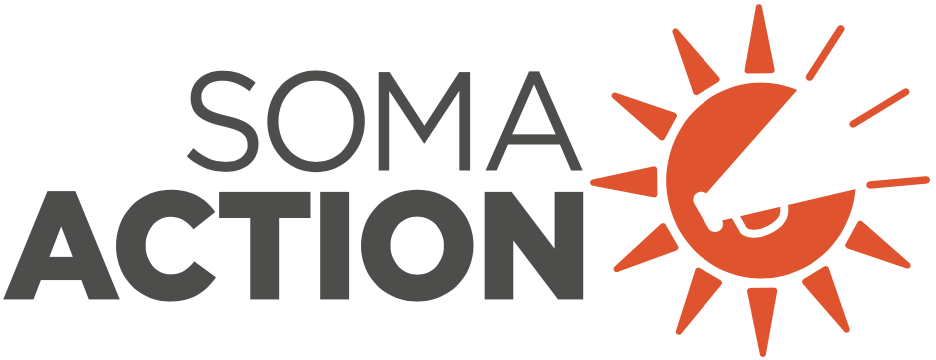SOMA Action Members Vote to Endorse Fulop, Hall, Onyema in 2025 Democratic Primary
SOMA Action is proud to announce the results of our second year of using Ranked Choice Voting to endorse in the Democratic Primary.
To decide the endorsement, voters were asked to rank their first, second, third, etc. choices for each race, including an option to not endorse. The SOMA Action threshold for endorsement is a two-thirds supermajority.
Only three Gubernatorial candidates received first place votes: Fulop (47%), Baraka (28%), and Sherrill (15%). Ten percent voted for no endorsement. Since no candidate met the two-thirds threshold, but ninety percent of voters did want to endorse someone, the candidate with the fewest number of votes was eliminated, and their voters were allowed to vote for their second choice. This repeated until 81.6% of voters chose to endorse Fulop over having no endorsement. (A video of the counting process is here).
“Giving voters a meaningful say in elections is a critical part of rebuilding our democracy,” said Allison Posner, Co-President of SOMA Action. “New Jersey has a bad habit of picking ‘elected’ officials behind closed doors and teaching them that they don’t need to bother to engage with their voters. Here at SOMA Action, we’re doing our part to push back. We gave our members sole power to decide the endorsement, and the way to win was to get out and talk to them.”
“We believe in practicing what we preach,” added Erika Malinoski, SOMA Action’s other Co-President. “As an advocate for Ranked Choice Voting, this endorsement was also our chance to test RCV in a highly competitive, six-way election. I’m happy to report that it went very well. Instead of the progressive vote being split such that everyone’s last choice (no endorsement) won, we were able to come to agreement on options that have solid support from the overwhelming majority of the people who voted.”
“Ranked Choice Voting also works for endorsing multiple candidates like in the State Assembly race,” added Malinoski. “We basically just run the process twice. The first time works the same as what we described above. Then the second time we start by redistributing the votes of the candidate who has already won so that their voters can express a preference for their second choice.” (A video of that counting process is here).
For Assembly, Hall received 44% of first place votes, Onyema 39%, Tucker 3%, and No Endorsement 14%. After voter’s subsequent preferences were taken into account, Hall won over “no endorsement” with 75.3% of the vote and Onyema won over “no endorsement” with 72.7%.
“SOMA Action will be 100% behind whoever wins the primary,” added Posner. “Competitive races are good for government accountability and voter engagement, and they don’t have to be divisive. We encourage everyone to get informed and get involved.”
Voting was open to 246 voting members, consisting of SOMA Action trustees, committee chairs, project leads, and sustaining members (those who have donated more than $20 in the last year). Eighty-seven people chose to participate in the vote for Governor and 77 for State Assembly.
Additional information on the primary is available at the SOMA Action Voter Guide.
